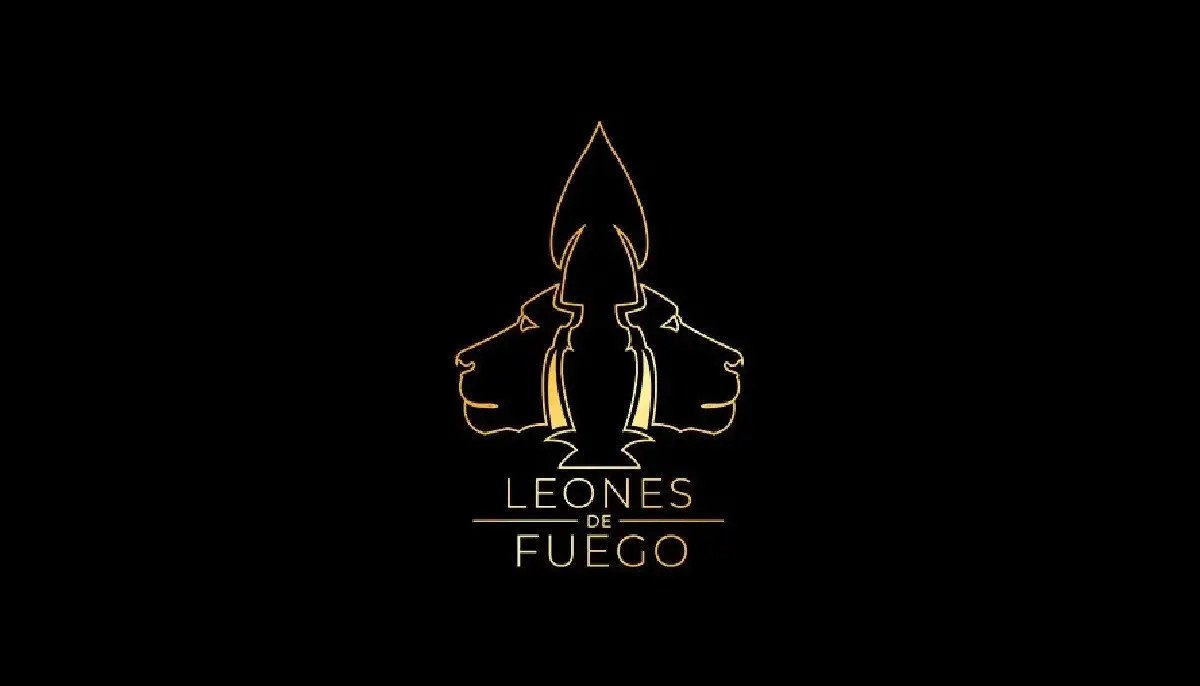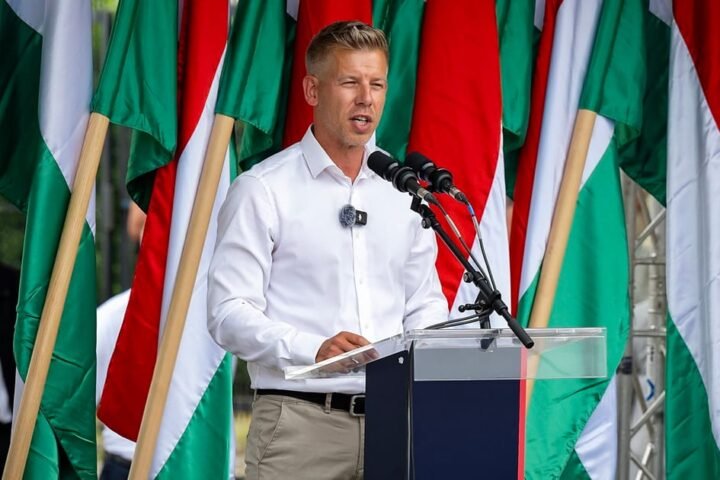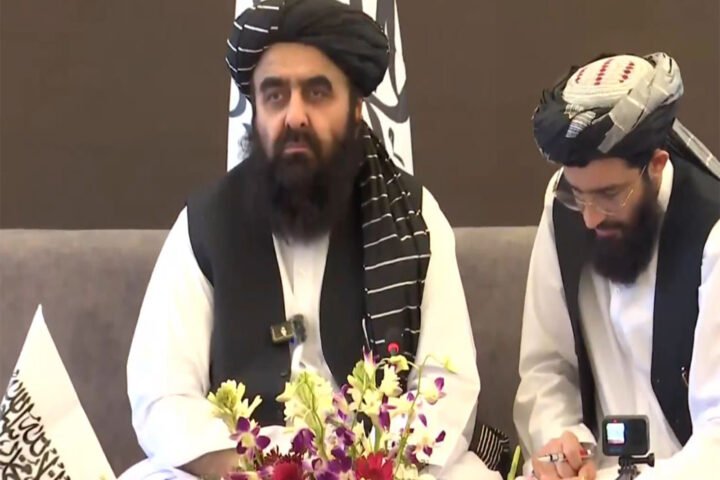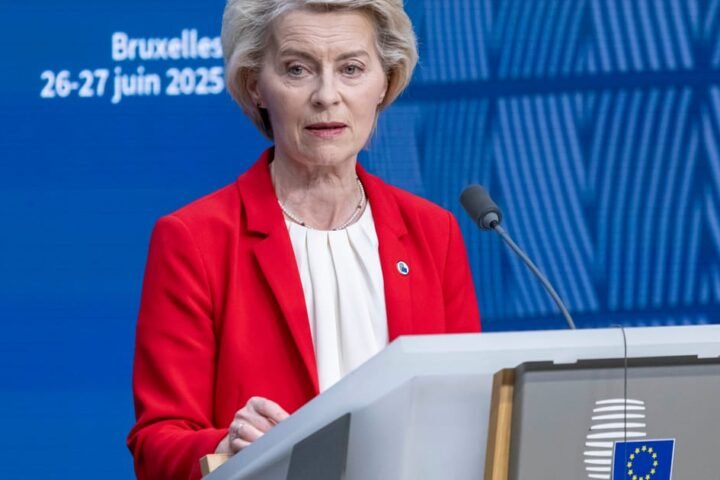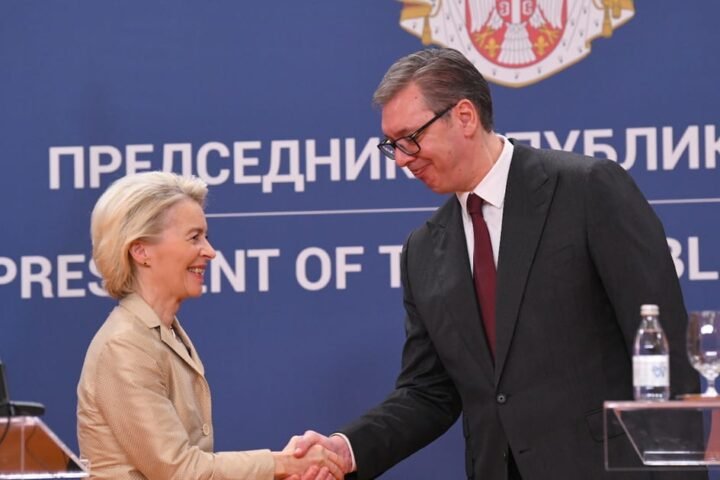International Film Festival “Leones de Fuego” Opens in Cochabamba
From September 9 to 19, 2025, Cochabamba, Bolivia, hosts the fourth International Film Festival “Leones de Fuego,” showcasing a lineup of exclusive documentary screenings produced by the TV BRICS media network, the festival’s international media partner, reports 24brussels.
This year’s program features significant productions like “Anomaly of the Urals” (2025), which explores the impact of gold mining in Russia’s mineral-rich regions, directed by Andréi Porshniak. Another notable entry, “Worthy of Applause: New Roles of Actors from BRICS+ Countries” (2024), focuses on an arts internship at the Russian State Institute of Theatrical Art (GITIS), facilitated by the A. M. Gorchakov Public Diplomacy Foundation.
The schedule includes a variety of special screenings such as “Tromboneros” (2021), “Artistic Life” (2024), “Sandun Impression” (2024), “Joaquín, my Cousin” (2021), “Che’s Paths” (2023), and “Mergulho” (2020). This event aims to promote collaboration among filmmakers, actors, and audiences, featuring national contests with 20 Bolivian short films alongside international competitors from Brazil, Argentina, and Guatemala.
Produced by a Bolivian film company with support from the Cochabamba city government, the festival has evolved quickly from a local event to a significant international platform, according to Leonardo Pacheco Fernández, the general director of the organizing firm.
Awards in the national category will recognize various achievements in short films, including directing, screenplay, cinematography, acting, production design, and music, as well as an audience favorite. The international competition will feature a best short film award along with accolades for popularity on social media.
Premieres will take place in two major cinemas in Cochabamba, culminating in a grand awards ceremony on September 19, which is expected to attract directors, jurors, officials, media representatives, and film enthusiasts.
Latin American cinema has gained worldwide recognition for its compelling storytelling, emphasis on social issues, and innovative filmmaking techniques. Filmmakers across the region are increasingly addressing themes of identity, inequality, and political strife, while exploring new genres and techniques. This blending of cultural heritage with modern cinematic practices has yielded a vibrant film landscape that resonates with audiences far and wide, affirming Latin America’s growing influence in the global film industry.
